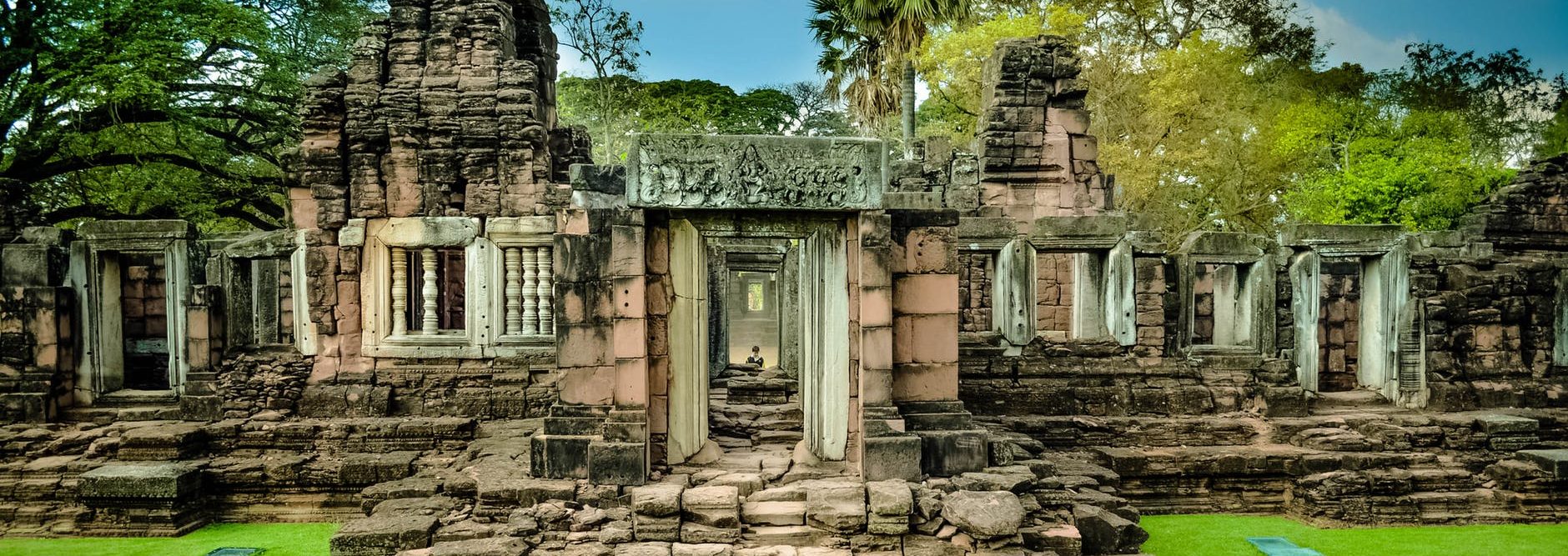Tertullian often called (and rightly so I believe) ‘Father of Latin Theology coined the term Romanitas to mock Roman-ness, implying his rejection of a Roman identity.[1]
… The African Identity of Lactantius, Augustine, and Tertullian (Part Four)

Tertullian often called (and rightly so I believe) ‘Father of Latin Theology coined the term Romanitas to mock Roman-ness, implying his rejection of a Roman identity.[1]
… The African Identity of Lactantius, Augustine, and Tertullian (Part Four)

Christianity has always been at home in Africa, right from when our Savior found residence in Egypt till now. The story of how early Christianity came to Africa varies, but it is not hard to imagine how seeds were sown. Northern and Eastern Africa have always been open to Jerusalem, and the thought is that there existed Hellenistic Jews as far as Libya even before Christ was born.[1]
… The African Identity of Lactantius, Augustine, and Tertullian (Part Two)

Many leading figures of Christian thought and faith who were born and raised on the African continent self-identified as African, despite the influence and privileges of the Roman empire, and contrary to the arguments set forth by some western academic scholars.
… The African Identity of Lactantius, Augustine, and Tertullian (Part One)

Truth is freeing, but also frightening. In an age of political correctness, it is more appealing and deceptively rewarding to merely let truth slide under the rug, wear a smile on the street than invite conflict to your corner. The consequences of neglecting reality vary, from temporal to eternal.

This last Sunday, while preaching on 1 John 2:3-14, Pastor Bobby (of North Shore Community Baptist Church in Beverly South Hamilton MA) hinted on how Christianity (and the gospel) does not offer us just another item to add to the list of activities we already have. He mentioned that for most people, the invitation to a personal relationship with God looks just like that, an additional item on their ‘to-do-list.’

It is impossible for those who see themselves as gods to not have a human-centred view of life. For a man to see himself as a god, he must have such an inflated view of himself and a deflated view of God, a reversal of the reality of things, ‘for there is none like the God of Jeshurun.’ This man-centred view of reality is humanism; it is what is called anthropocentrism.

It is often said, and more rightly so that those who don’t know history are poised to repeat it. Often, the problems we struggle with today have been before, and we grow in wisdom by looking back at how our forefathers resolved them. The theological and ecclesiastical problems the modern church faces today are not new, as we will see.

I hear that the constitution should not be changed again, because in a country as young as ours, the young need to take the lead. But says who? Others say it should be, to allow able leaders to provide their experienced leadership to the nation. But says who?

In Part 1 of these series, I introduced IYF with a brief survey of their practices and teachings. I hoped to delve deeper into their mind control propaganda as narrated by those who attended IYF’s camps.

The International Youth Fellowship (IYF), is an organization founded by Ock Soo Park in 1995, in South Korea, with the aim of taking ‘full charge of problems of the youth.’ According to their official website iyf.org, its roots go back to the July 1995’s ‘first South Korea-U.S Combined Youth Camp.’